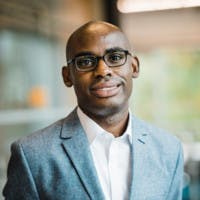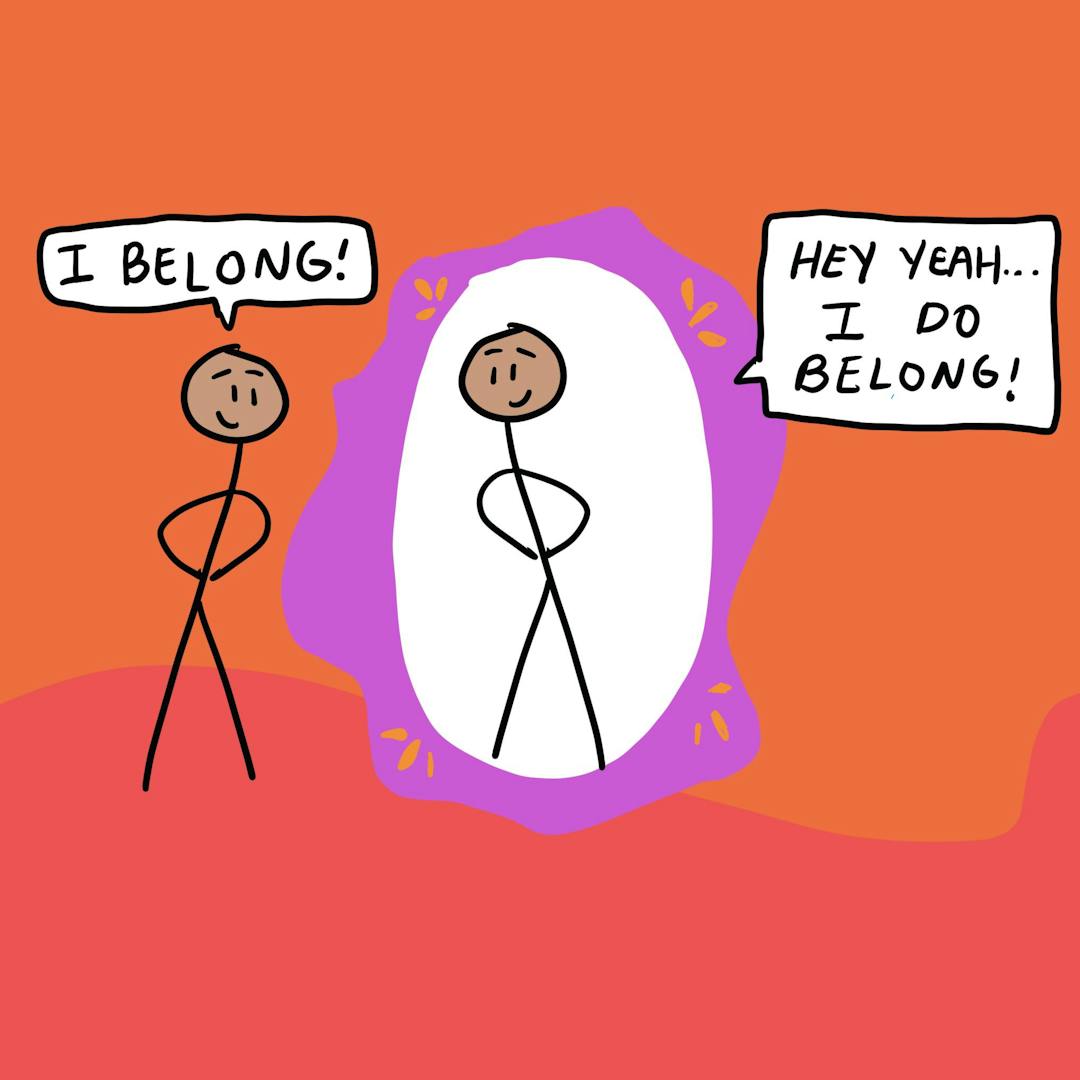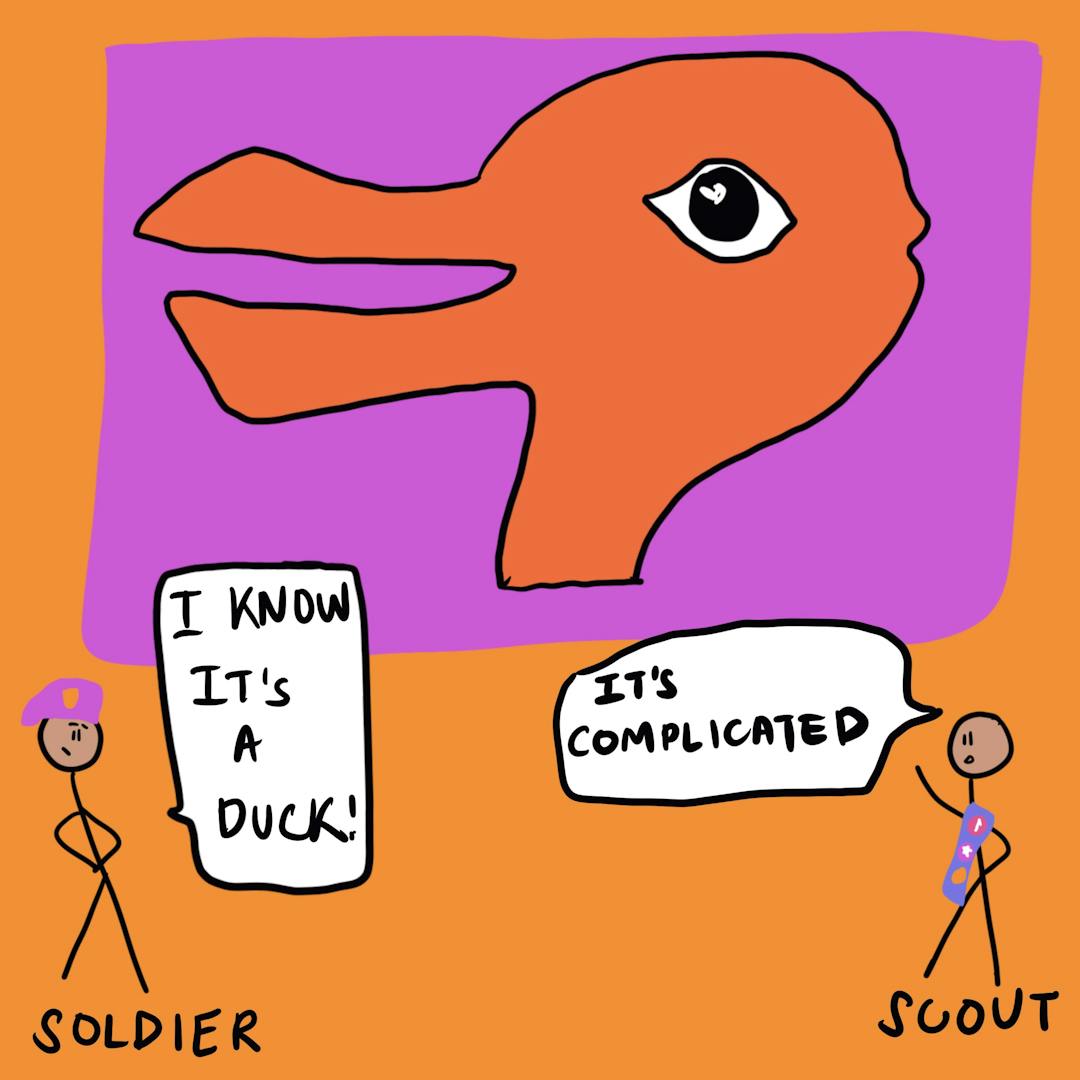The cognitive illusion of debias training with Neil Lewis Jr.
What are you losing by taking that approach? How long do you plan to be around? If the world is changing, the composition of the world is changing, your customer base is changing, the governments and other clients you're working with are changing and you are not keeping up, how long do you plan to be in business?
Intro
In this episode of the podcast, Brooke is joined by Neil Lewis Jr., behavioral scientist and assistant professor of communication and social behavior at Cornell University. Drawing from his research, as well as his vast experience advising organizations, Neil offers fascinating insights into how employees and managers can drive more equitable outcomes in their organizations, and why it makes good business sense to do so.
Some of the topics discussed include:
- The persistence of so-called ‘invisible segregation’ in society and steps we can take to recognize it.
- The ways organizations typically go about debiasing, and how they can be more effective.
- The importance of employee buy-in, incentive alignment, and the structure of organizational processes to support the pursuit of equitable outcomes.
- Common challenges in diversity strategies and ways to overcome them.
- How to address inequality in your organization and why it makes good commercial sense to do so.





